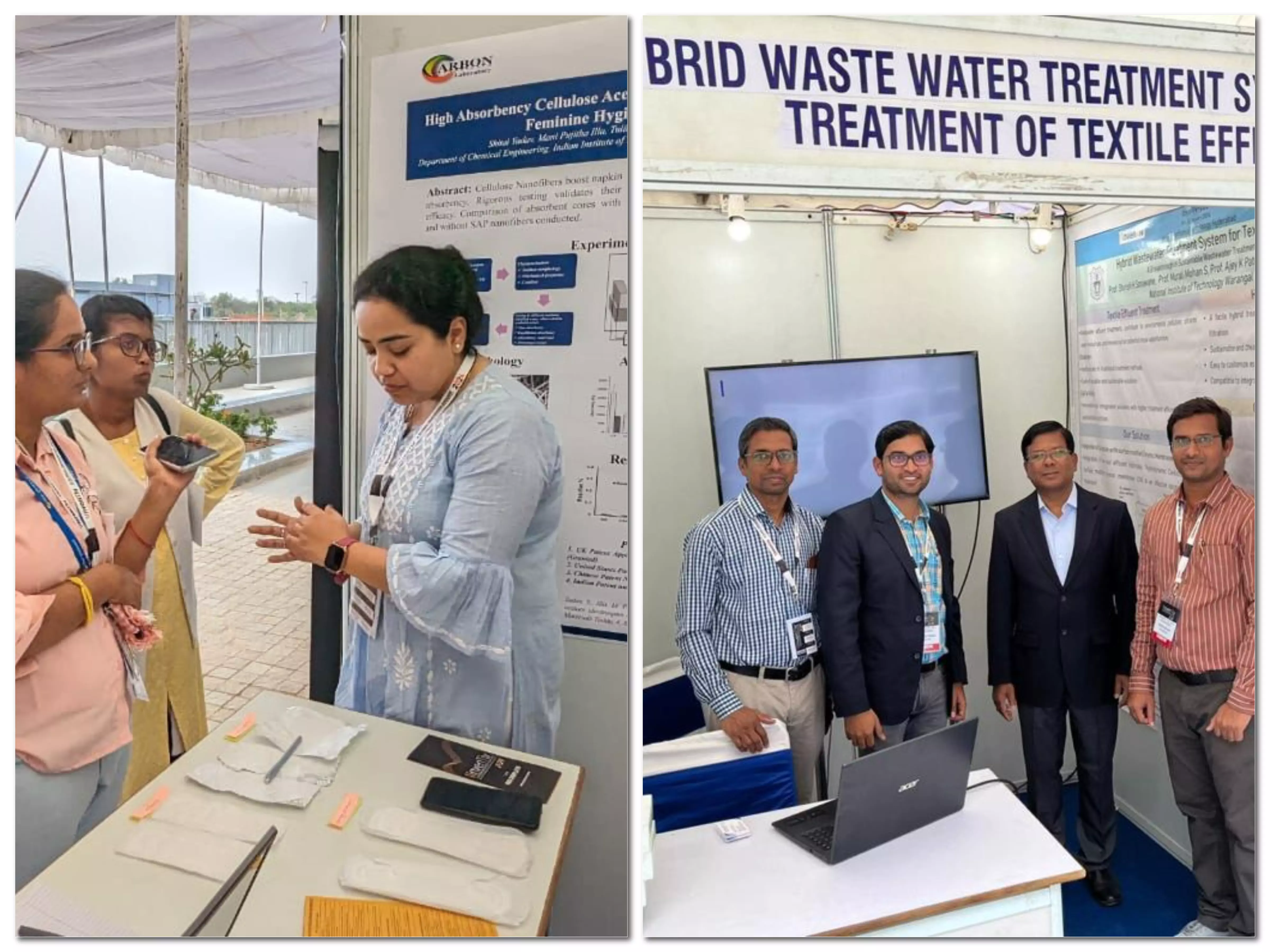India's biggest R&D innovation fair begins at IIT-Hyderabad

Hyderabad: Union education minister Dharmendra Pradhan said that the widespread integration of the National Education Policy 2020 (NEP 2020) across states had helped revolutionise education and emphasised that even states using different terminology were actively implementing the policy, which he described as a 'philosophical and historical document.'
Speaking at the inauguration of IInvenTiv 2024 at IIT-Hyderabad, the country's largest R&D innovation fair from higher education institutions, Pradhan debunked the notion that IITs were the sole purveyors of quality education and highlighted the government's commitment to extending research and development (R&D) efforts to tier-2 and tier-3 cities and institutions.
He spoke about the importance of research, innovation, and entrepreneurship as key drivers for India's transformation and advocated for a shift towards boosting the manufacturing sector to contribute at least 25 per cent to the GDP. The government's initiatives, including 'Make In India,' 'Invest in India,' PLI Scheme, and FDI liberalisation, aim to strengthen the manufacturing sector, he added.
At IInvenTiv-2024, inaugurated by the education minister on Friday, 120 groundbreaking initiatives from 53 esteemed institutes, including IITs, NITs, IISERs, IITs, IISc Bangalore, and top-ranked engineering institutions, were showcased, with a focus on five pivotal domains: Affordable healthcare, agriculture, and food processing, sustainable technologies, e-mobility, clean energy, defence and space, and industry 4.0.
The minister also inaugurated the Dr. B.V.R. Mohan Reddy School of Innovation and Entrepreneurship, a 30,000-square foot facility established in collaboration with IIT-Hyderabad, Cyient Foundation, and the Shibodhi Foundation. The facility aims to foster innovation and entrepreneurship, aligning with the government's vision for Atmanirbhar and Viksit Bharat.
Pradhan said start-ups and human capital were changing the rules of the game, and innovation would determine India's growth story in the future. Noting that 46 per cent of the global digital transactions happen in India, Pradhan highlighted the government's focus on deep tech start-up ecosystems in critical sectors like defence, drone and space technology, and robotics.
“Ancient India was the land for innovations and today, modern India, acting as Vishwa Mitra, is leveraging technology to bridge the gaps and reach new heights. Destined to be Viksit Bharat by 2047, India aims to make research, innovation, and entrepreneurship the key drivers of its transformation,” Pradhan said.
“The goal is to make India a manufacturing hub which would contribute at least 25 per cent to the country's GDP as compared to 17 per cent currently. The government has focused on augmenting the manufacturing sector through important policy changes, such as 'Make In India', 'Invest in India', PLI (production-linked incentives) Scheme, and FDI liberalisation. These initiatives will act as a catalyst in India becoming the third largest economy in the future and achieve the target of being a five-trillion dollar economy,” he added.
Gfx:
IIT-H’s biodegradable sanitary products:
An IIT-Hyderabad team put up a project on the development of biodegradable polymer nanofibres for sanitary napkins, addressing health and disposal issues. The team, led by IIT alumni Sheetal Yadav, faculty Illa Poojita and student Aman Fatima, found an industry partner to commercialise the product. "The replacement of petroleum-based core absorption polymers with nanofibres will work as a better disposal solution as it biodegradable, it is also a healthier option given the larger surface tension area that causes little to no skin rashes and other such ailments," the team told Deccan Chronicle. They will sign a technology transfer agreement with an industry partner on Saturday, even as Aman is currently working with essential oils to address the odour problem.
NIT-W’s system to treat textile industry effluents:
From NIT Warangal, a breakthrough hybrid wastewater treatment system for textile effluents was presented. Developed in collaboration with the textile industry, the system utilised cavitation, biosurfactant, and membrane technology for efficient and eco-friendly treatment. The team consisting of student M. Surya Teja and Professors Shirish H. Sonawane, Murali Mohan, and Ajay Patel talked at length about the need for economical and effective ways to treat such effluents which are now patented and will soon be used by textile industries for sustainable wastewater treatment approach.

